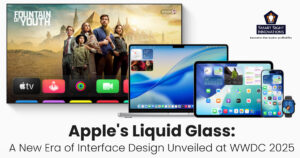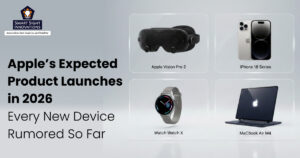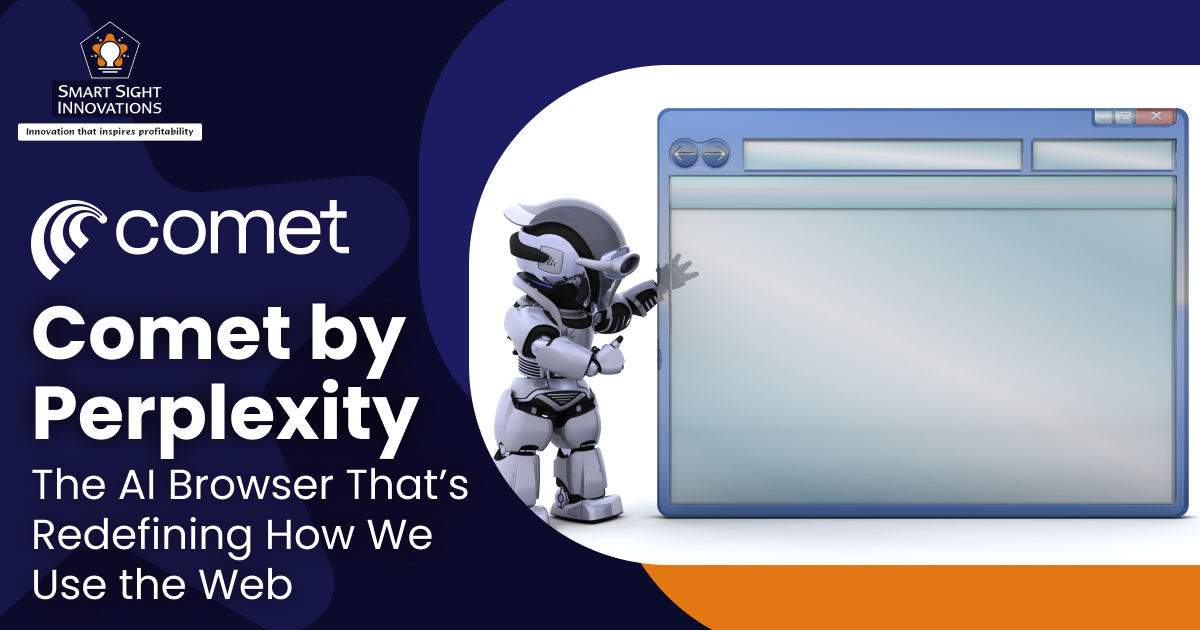
As AI transforms the way we work, learn, and communicate, it’s only natural for the browsing experience to evolve with it. Perplexity AI, the startup known for its intelligent answer engine, has introduced Comet, an AI-powered web browser designed from the ground up to rethink how we interact with the internet. Comet isn’t just another Chrome competitor. It’s a browser that integrates AI into every corner of your browsing journey, from searching and navigating to completing tasks for you.
About Comet
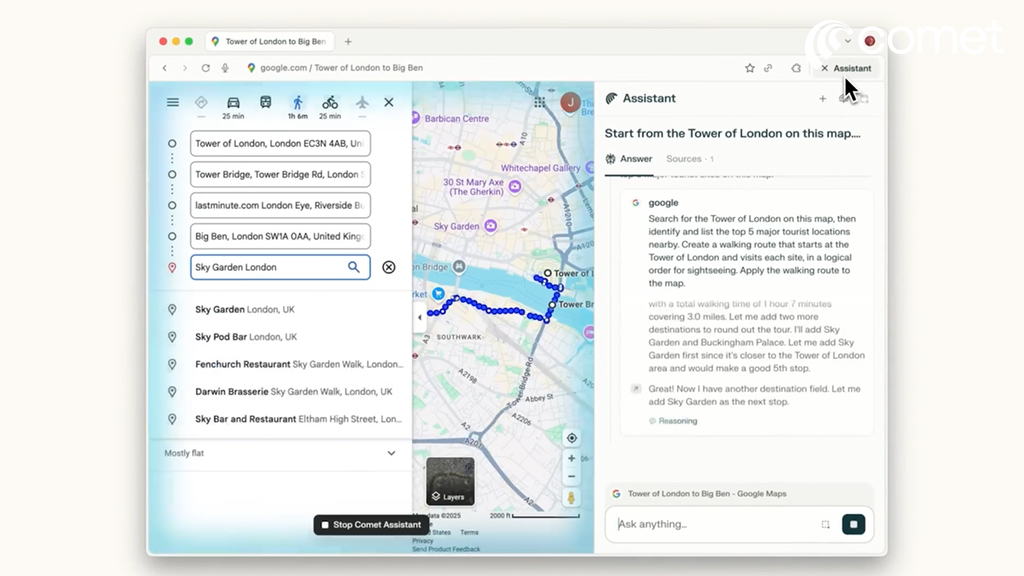
(Image Source: Comet)
In July 2025, Perplexity AI, a leader in AI-driven information search, launched Comet, its groundbreaking AI-first web browser. Unlike traditional browsers, which treat search as a gateway to links, Comet offers a built-in conversational assistant that understands context, processes queries in natural language, and even interacts with web pages on your behalf.
Built as a solution for curious minds, Comet aims to transform web browsing from passive clicking to active, context-driven cognition, putting intelligent automation and search at the heart of every internet interaction.
The Vision Behind the Browser
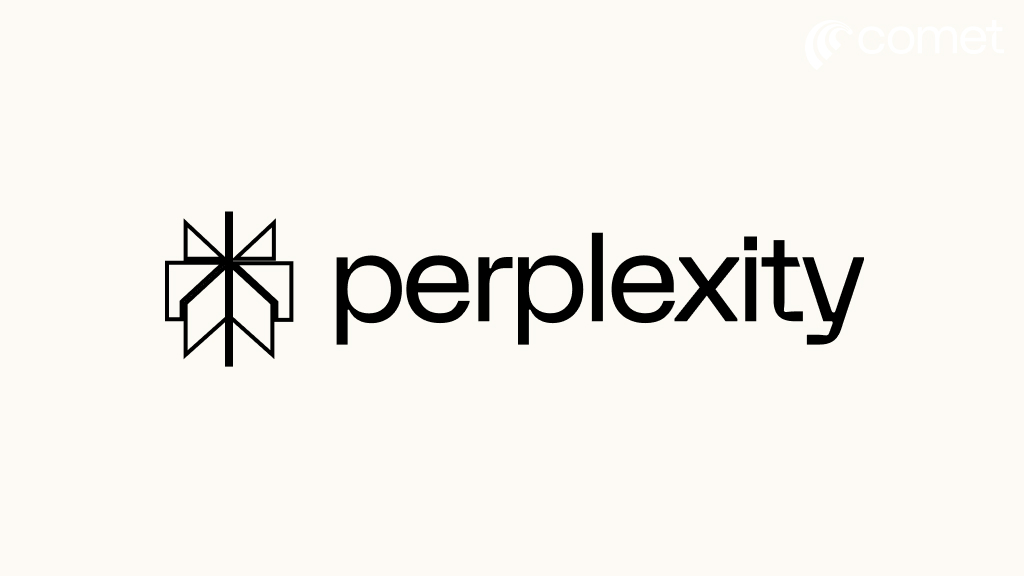
(Image Source: Perplexity)
Perplexity’s ambition with Comet is clear; to make AI the native interface of the internet. It built Comet to address a simple question: why should browsing the web still rely on scattered tabs and manual link-hopping in an age of powerful artificial intelligence? Instead of struggling with tab overload and disjointed research, Comet provides a platform where AI acts as your co-pilot.
Comet is designed for anyone who wants their browser to do the busywork, summarize content, conduct research, compare products, and even automate bookings and email replies. Aravind Srinivas, CEO and co-founder of Perplexity, describes Comet as an effort to build a browser that’s not just smarter, but more helpful and contextually aware. It’s an answer to the growing complexity of the modern web, a way to navigate the overwhelming information landscape with precision and assistance from a reliable AI.
While most browsers today are passive platforms waiting for user input, Comet actively assists you, reducing friction in everyday tasks like booking appointments, conducting research, shopping online, or exploring a topic in depth.
Core Technologies and Architecture
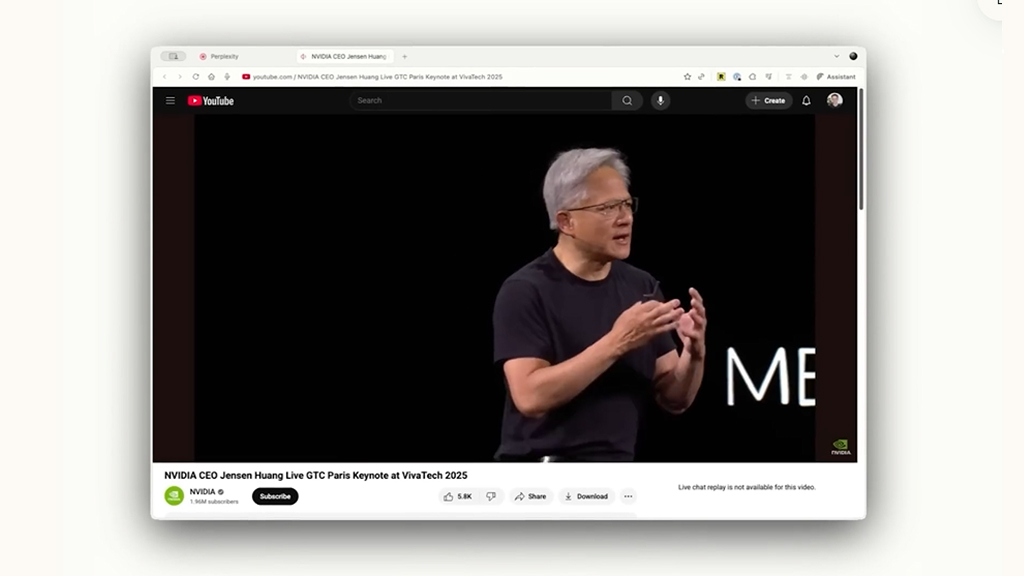
(Image Source: Comet)
At its foundation, Comet is based on Chromium, the same open-source browser engine used by Google Chrome and several other browsers. It reimagines browser architecture by building directly on Chromium for broad compatibility and high performance, enabling seamless support for Chrome extensions and familiar user settings.
Advanced language models such as GPT-4o, Claude 4.0 Sonnet, and Perplexity’s proprietary Sonar power deep comprehension, real-time summarization, and multi-step automation. A unified context layer connects tabs and workflows, allowing Comet to manage complex, multi-stage tasks and remember user activity across sessions.
With built-in ad-blocking, passwordless secure context flow, and a lightweight UI focused on purposeful automation, Comet offers a fast, secure, and intelligent browsing experience that’s fundamentally designed around AI-driven productivity.
Some of the key technologies include:
-
AI Engine
Built using cutting-edge large language models (LLMs), this engine enables multi-step reasoning, memory, and summarization directly within the browser.
-
Local Data Processing
For sensitive information, Comet offers local-only processing modes, keeping your data private while still using AI to support your workflow.
-
Multi-Modal Capabilities
It isn’t limited to text, as future iterations plan to handle images, documents, and potentially even audio or video inputs.
This deep architectural fusion of browser and assistant is what makes Comet feel more like a collaborator than a tool.
Key Features of Comet

1. Interface
Comet features a clean, intuitive interface that feels familiar to Chrome users but adds powerful AI tools seamlessly into the layout. The Comet Assistant sits neatly in a sidebar, ready to assist without being intrusive. Search results are presented in conversational threads with citations, while tabs and settings remain minimal and accessible. It makes daily browsing more efficient by finding the ideal balance between smart functionality and simplicity.
2. Ask Comet
One of Comet’s most powerful features is the ability to ask questions about any web page you’re viewing. Whether it’s a lengthy article, a product listing, or a dense research paper, just highlight text or click on a section, and the assistant instantly responds with answers based on that content, complete with links back to the source. It can summarize the page, explain key points, answer follow-up questions, or even compare it with other sources.
Comet even works on live, dynamic pages like YouTube transcripts and Google Docs, saving you from switching tabs. Beyond basic Q&A, the assistant suggests follow-up ideas, offers alternative perspectives, and highlights what you might be missing, helping you build a more complete understanding of any topic right within the browser.
This transforms passive reading into an interactive experience, helping users understand complex information faster and make informed decisions without switching tabs or searching manually.
3. Multilingual Support
Comet’s support for multiple languages positions it as a browser built for a global audience. Whether you’re reading content in French, or Spanish, the Comet Assistant can understand, translate, and respond in multiple languages. This allows users from diverse regions to access information, ask questions, and receive intelligent summaries in their preferred language, without relying on third-party translation tools.
It also supports multilingual content on the same page, making research and cross-cultural browsing easier than ever. With this feature, Comet breaks down language barriers and makes AI-powered browsing accessible to users worldwide.
4. Adapts to Browsing
Comet is designed to learn and adapt to your browsing habits over time, creating a more personalized and efficient experience. As you interact with the browser, it begins to understand your preferences, the types of questions you ask, and the websites you frequent visit.
This allows the assistant to offer more relevant suggestions, anticipate your needs, and tailor responses with better context. Whether you’re conducting research, shopping online, or managing daily tasks, Comet evolves to support your workflow, making each session smarter, faster, and more intuitive the more you use it.
5. Connecting Inbox and Calendar Apps
Comet integrates seamlessly with your inbox and calendar apps, allowing the assistant to help you manage tasks without leaving your browser. It can read and summarize emails, extract key dates, suggest replies, and even schedule events directly into your calendar.
Whether you’re coordinating meetings, tracking RSVPs, or organizing your day, Comet bridges the gap between web browsing and personal productivity. This integration transforms the browser into a central hub for communication and scheduling, helping you stay organized and on top of your priorities with minimal effort.
6. Assists with Online Shopping
Comet’s built-in assistant makes online shopping easier than ever. It can compare products across multiple sites, highlight the best deals, autofill payment and shipping details, and even alert you to better options or price drops.
Comet can also help you book flights, hotels, or reservations by guiding you through forms and summarizing reviews, all within the same tab. Instead of jumping between pages or apps, you can simply ask Comet to handle it, streamlining the entire process and saving you both time and clicks.
7. Browsing Context
Comet is designed to maintain context as you browse, allowing for a more fluid and intelligent experience. It remembers what you’ve been exploring, questions you’ve asked, pages you’ve visited, and tasks you’ve started. This means you can pick up where you left off, ask follow-up questions without repeating yourself, or revisit earlier topics with full continuity.
8. Ad Blocker
Comet comes equipped with a built-in ad blocker that delivers a faster, cleaner, and more focused browsing experience. By blocking intrusive ads, pop-ups, and trackers, it enhances both speed and privacy without the need for third-party extensions.
Notably, Comet uses a trusted open-source blocking tool, transparently listed on its About page, giving users confidence in its approach to content filtering. This seamless integration helps users stay focused on the content they care about while keeping distractions and potential tracking to a minimum.
9. Privacy Settings
Comet is built with privacy at its core, giving users clear and customizable control over their data. It offers multiple privacy modes, including a “Strict Mode” that ensures all processing happens locally on your device, without sending data to the cloud. Users can manage what information the assistant can access, disable tracking features, and review how their data is used at any time.
With transparent settings and no hidden data collection, Comet empowers users to choose the level of privacy that suits them best, whether they want full protection or intelligent personalization with trusted safeguards.
Availability

Comet is currently available on both Windows and macOS, offering desktop users a first look at Perplexity’s AI-native browsing experience. Access to Comet is currently limited, though additional platform versions, including mobile, are already in development. Perplexity provides basic AI services for free, but the full browser experience is gated behind the premium Perplexity Max subscription, which costs $200 per month.
While Max subscribers can bypass the waitlist and start using Comet immediately, others can sign up and wait for broader availability. As development continues, Perplexity plans to expand access and bring Comet to more devices and users worldwide.
Here’s how you can join the Comet waiting list:
- Visit the official Comet page (comet.perplexity.ai)
- Enter your email to join the waitlist
- Await an invitation (issued gradually over the summer)
- Upgrade to Perplexity Max for instant access and waitlist bypass
Comet on Smartphones

Perplexity AI is actively negotiating with major smartphone manufacturers to have its Comet browser preinstalled on mobile devices, aiming to challenge industry giants like Chrome and Safari. CEO Aravind Srinivas confirmed discussions are underway with OEMs such as Samsung, Apple, and Android device makers to make Comet the default browser on new phones. This strategic move is designed to expand Comet’s reach dramatically, and leveraging AI-powered browsing as a differentiator as full-featured mobile versions launch by late 2025.
Preinstalling Comet on smartphones could fundamentally change mobile browsing habits by leveraging the “stickiness” effect, where users tend to use the default browser. This would expose millions to Comet’s AI-powered features like real-time summarization, personal data interaction, and task automation, shifting browsing from passive navigation to active assistance.
Users might increasingly rely on conversational AI for search, workflows, and scheduling within the browser, reducing app switching and manual searching. This has the potential to transform how users browse the web on smartphones, making the experience more interactive, efficient, and tailored, while posing a serious challenge to established browsers like Chrome and Safari.
Early Reviews and User Experience

Early reviews of Comet, frequently highlight its promise and polish, even if it’s still maturing. According to The Verge, Comet’s AI assistant impressed by carrying out complex tasks, such as sending a summary email or clearing tabs. A notable review in Tom’s Guide remarked; “It’s hard to go back to Chrome once you’ve used Comet. It feels like the web finally grew up.”
Of course, there are some growing pains, as Comet is still under development, occasional bugs, limitations in form-filling, or misunderstanding of complex tasks do exist. However, Perplexity has promised frequent updates and community-driven improvements. Overall, users find Comet fast, helpful, and conceptually refreshing, while recognizing it still needs refinement to reach peak reliability.
Final Words

Comet enters a competitive browser market dominated by Google Chrome and Apple’s Safari. It also faces fresh challengers like The Browser Company’s AI-powered Dia, launched in June with similar smart features. Additionally, OpenAI is rumored to be developing its own browser and has reportedly hired former key members of the original Chrome team. As AI becomes central to the browsing experience, Comet will need to differentiate itself in both capability and user trust to stand out.
Comet could gain an early advantage in the competitive browser market if a significant number of Perplexity’s existing users adopt it. With CEO Aravind Srinivas reporting over 780 million queries in May 2025 alone, and the company’s search products growing more than 20% month-over-month, Perplexity already has a rapidly expanding user base. If even a fraction of those users transition to Comet, it could provide the momentum needed to compete with established players and accelerate adoption of AI-native browsing.



